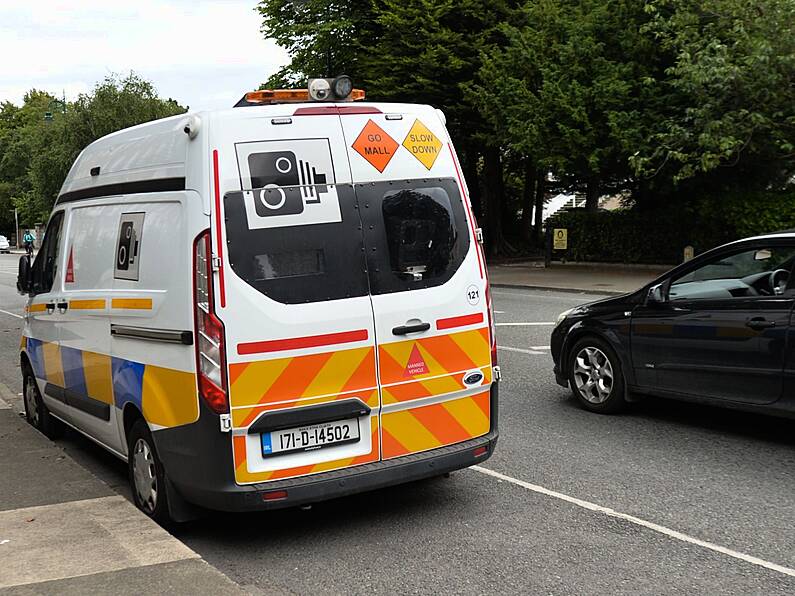By Ann O'Loughlin
A doctor found to have carried out a “disgraceful” sexually motivated internal examination of a female patient has been struck off the medical register by order of the President of the High Court.
The woman went for a medical examination and “received anything but”, Mr Justice Peter Kelly said.
Aged in her twenties, the woman said, when she asked Dr Stanislaw Franciszek Zulichoswki (71), for an explanation for what he did, he told her he got "carried away"
[quote]“Well, I just kind of started liking it and got carried away” before also adding “well, you know I am just a man, not only a doctor.”[/quote]
The Medical Council, following a fitness to practice (FTP) inquiry which made several findings of professional misconduct against the doctor, applied to the High Court to strike him off its specialist register.
Mr Justice Kelly agreed this week to cancel the registration of Dr Zulichowski, formerly with an address at Russell Street, Behan Square, Dublin, but who has returned to his native Poland.
The professional misconduct was found to be of a nature which doctors of good repute would consider disgraceful and failed to respect the patient’s rights to bodily integrity and dignity, the judge noted.
He shared that view and considered the sanction of cancellation of registration was appropriate and proportionate.
While the cancellation only applied here, he was assured the doctor’s regulatory body in Poland would be notified and could take such steps as it considered appropriate.
The patient had complained to the Council over an examination carried out by the doctor on her in December 2014 while he was working at EMC Health Care Ltd, Parnell Square West, Dublin.
She was experiencing pain in an ovary and went for a check up and ultrasound. It was her first visit to the doctor.
The FTP Committee found he carried out an internal examination during which he touched her clitoris, touched and/or massaged her labia, penetrated her vagina deeply with his fingers and made circular movements while doing so. It also found he touched her left breast and/or nipple with his left hand while carrying out a digital examination of her vagina with his right hand.
It further found he failed to respond adequately when the woman queried the nature of the internal examination and asked: “What are you doing?” It also held he failed to respond adequately when she asked him to stop because he responded: “Are you sure?”
The Committee found this amounted to professional misconduct in that the doctor’s actions served no end purpose and no rationale or explanation was given for them.
The internal examination was not in accordance with standard procedure for such examinations and was sexually motivated, it held.
It also found misconduct arising from comments of his to the patient, including telling her, when she asked him at the end of the consultation what was the purpose of the internal exam: “Well, I just kind of started liking it and got carried away” or words to that effect.
The woman said she had been asked to get undressed and was fully undressed when he began transvaginal examination and felt very uncomfortable.
[quote]During the consultation, he remarked her breasts could feed twins, she would have no difficulty finding a husband and should not shave her body hair, she said.[/quote]
During the vaginal examination, she said she realised it was taking far too long and felt “incredibly weird”. She said, when she told him to stop it, he asked: “Are you sure?” and she said: “Yes, I am sure.”
She said he had said he did not intend to make her feel uncomfortable and then said: “All anatomical reaction good and smell correct”. She said she “felt sick after that comment” and quickly got dressed.
The doctor had denied a digital vaginal exam took place but the Committee found the woman a credible witness who gave “clear and compelling” evidence which it preferred over his. It also noted he had an otherwise unblemished record.






